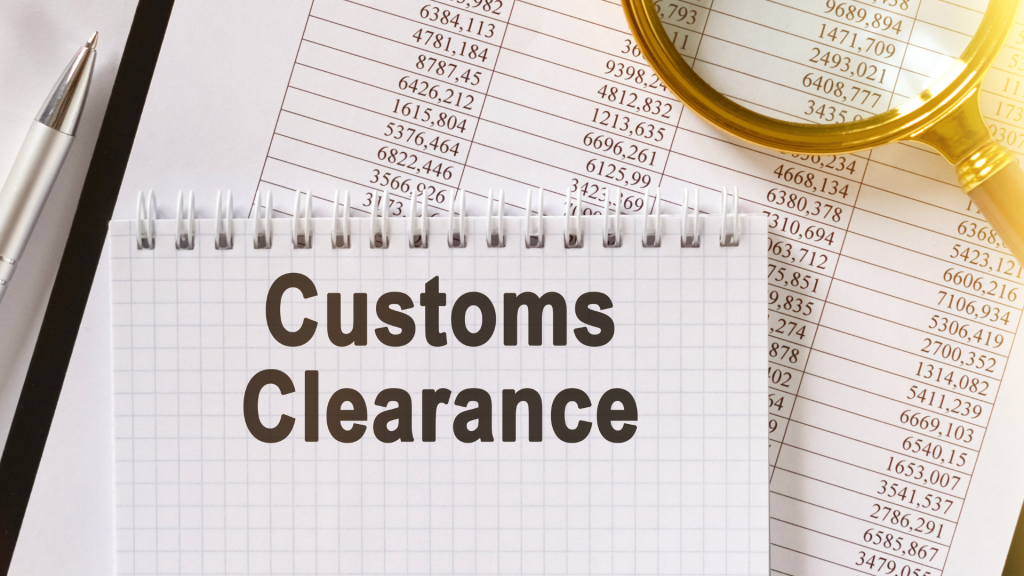"In the direct sale of alcoholic beverages to foreign private individuals, ignoring tax and customs regulations can lead to fines and damage to your reputation. But what exactly happens if you disregard excise duties and VAT?"
More and more Italian wineries, breweries, and distilleries are selling directly to foreign customers, leveraging both physical stores and e-commerce. However, many producers make a mistake that could be costly: ignoring the customs and tax regulations governing duties, excise duties, and VAT. This can lead to penalties that, when accumulated, easily reach double the amount of the taxes owed.

The risk of “my buddy's way” solutions
To save on costs or speed up shipments, some companies separate the product cost from the shipping, always paying VAT in Italy and avoiding the payment of duties and excise taxes. They hope the final customer or the carrier will handle these matters for them, but as we covered in a previous article, this hope is in vain.
Increasingly digitalized customs offices now conduct frequent and targeted checks, verifying whether the goods are accompanied by the correct documentation and whether duties, excise taxes, and required taxes have been paid.
The result? When a shipment is irregular, customs can hold the product for a thorough inspection, causing delays but, more importantly, leading to heavy fines that impact both the final customer and the seller.

Tax and customs penalties: a problem for the company too
Improper handling of orders for foreign private individuals doesn’t only put the customer at risk but, above all, the company.
Let’s talk about VAT payment. Tax authorities will trace back to the company that sold the goods, imposing fines for non-compliance with the regulations. For example, for sales to European private customers, it is necessary to comply with the OSS (One Stop Shop) Regime and its thresholds, requiring the company, once it reaches €10,000 in direct sales revenue, to remit VAT to the destination state on a quarterly basis. In any case, even if VAT must be paid in Italy, it must also be paid on excise duties: it goes without saying that if the company doesn’t pay them, a tax irregularity is still committed.
Failure to submit the quarterly declaration, which must be filed even in the absence of transactions, can lead to fines ranging from 120% to 240% of the VAT owed in the State, with a minimum of €200. The fine is, instead, between €250 and €2,000 for violations related to the content of the quarterly declaration (Source: Chamber of Deputies – documents).
Let’s talk about customs duties. Customs regulations vary from country to country, and penalties can be just as severe. In Europe, for example, failure to declare or incomplete payment of excise taxes leads to the seizure or confiscation of goods and economic fines. In the case of late payment in Italy, fines can reach up to 30% of the amount owed (Source: Customs and Monopolies Agency – voluntary disclosure). It is also important to note that when authorities find an irregularity, they will retrospectively check the company’s direct sales. If it is noticed that irregularities occur systematically, the fines will become significantly more severe. This can include more frequent inspections, higher fines, and export bans.
Now try to imagine even a single incorrect sale from a tax and customs perspective: adding up the fines, the cost is certainly not negligible.

And the final customer?
When a shipment is blocked, not only does the customer experience delays, but they may also be subject to tax checks and fines.
Put yourself in the customer’s shoes. It’s easy to imagine how a customer penalized in this way will not only be lost forever but could also leave negative reviews or discourage others from purchasing from the company. Writing in your sales policies, for example, that the customer must handle customs duties may seem like a good way to pass the problem to them, but it certainly doesn’t improve the situation, as they are unlikely to read such policies, or if they do, they may refuse to buy the product.
The solution is simple: offer the customer a transparent shopping experience without hidden traps, so you can continue the loyalty process in the long run.

The solution is not to ignore the rules!
Customs and tax regulations are not aspects to be neglected. Ignoring or bypassing them may seem convenient, but as you’ve read, it causes irreparable economic and reputational damage. Investing in the proper management of international shipments not only protects your company from fines but also improves the customer experience, ensuring trust and loyalty in the long term.





